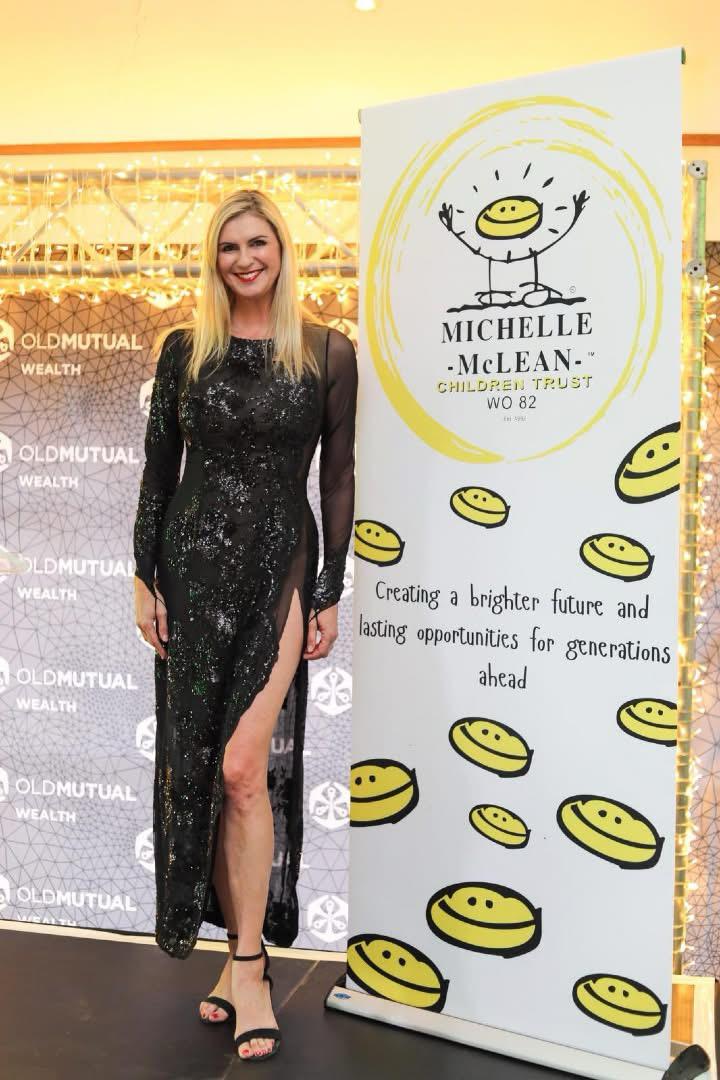MUCH has been said in the past years about the need for members of various boards, especially those of State-owned Enterprises (SOEs), or parastatals as they are alternatively known, to be well versed in the specialised area of business in which they will be expected to play a pivotal role.
This need, as well as emphasis on the fiduciary responsibilities of board members, was highlighted in the wake of several well-publicised cases of mismanagement at these institutions in the past. In several instances it emerged that board members more often than not did not know what their responsibilities entailed or that they could be held accountable when things go wrong.It is therefore welcome to see that some SOEs are now advertising vacancies on their boards to attract suitably qualified directors to these organisations.This trend was originally started some time ago by the Electoral Commission of Namibia, which advertised the positions and interviewed the candidates openly in the attendance of the general public.The Meat Board then followed suit and now this week, it was Namibia Post and Telecom Holdings Limited, the holding company of Nampost and Telecom.The advertisements were for vacancies on the boards of the two subsidiaries.As stated earlier, for a long time there has been concern about the lack of technical expertise and the performance of these institutions at especially the board level of these organisations providing specialised services to the public.The boards of parastatals in most instances had to depend largely on information and direction provided by the technocrats – their top managements rather than their own knowledge and/or familiarity with those institutions.This in part can be said to have contributed to the demise and even bankruptcies of many of these institutions that were set up in the post-independence era.Opening up the selection process of boards to a wider pool of expertise would attract the most suitable candidates to many parastatals, which are often starved of expert knowledge.Many of those serving on such boards (and still are, in some cases) were political appointees or given the posts via patronage, and this tendency has not served the country, or its institutions, well at all.The parastatals need to take a positive move a few steps further.If suitable candidates are not initially identified through this advertising process, they should continue until there are people found with commensurate qualifications and expertise.We would also recommend that the line ministries responsible for these institutions leave the selection and the eventual appointment of board members to an independent panel of experts rather than interfere in the process themselves, as this would negate any good that emanates from the advertising process itself.In addition, the welcome idea of transparency would be defeated if the line ministry is involved in the vetting and selection process and so they should stay out of it.For a long time it was the sole responsibility of a line ministry to appoint board members but in many instances they have not done a good job, judging by the performance of these institutions.Armed with the knowledge as we are that in many cases people were appointed through acts of political favour, this was a certain recipe for disaster, as numerous cases will prove.It would be ideal if SOEs follow the example of the Electoral Commission and conduct the interviews of the shortlisted candidates in public for further transparency, and of course it should become obligatory practice for not just some, but all SOEs to follow the same process.The CVs and experience of the candidates in question would then be available for the public to note they were awarded such positions on merit, rather than because of political connections or favouritism.It is crucial that, for example, the NBC have on its Board people well-versed with media, in order to take that parastatal out of its current demise and into a more proactive future.The same applies to other SOEs plagued by financial insecurity which have required constant government bailouts.It is important too that the process be carried over to all SOEs, and while it is not a guarantee for a complete turnaround at many of these institutions, is will nevertheless be a more positive start.In several instances it emerged that board members more often than not did not know what their responsibilities entailed or that they could be held accountable when things go wrong.It is therefore welcome to see that some SOEs are now advertising vacancies on their boards to attract suitably qualified directors to these organisations.This trend was originally started some time ago by the Electoral Commission of Namibia, which advertised the positions and interviewed the candidates openly in the attendance of the general public.The Meat Board then followed suit and now this week, it was Namibia Post and Telecom Holdings Limited, the holding company of Nampost and Telecom.The advertisements were for vacancies on the boards of the two subsidiaries.As stated earlier, for a long time there has been concern about the lack of technical expertise and the performance of these institutions at especially the board level of these organisations providing specialised services to the public.The boards of parastatals in most instances had to depend largely on information and direction provided by the technocrats – their top managements rather than their own knowledge and/or familiarity with those institutions.This in part can be said to have contributed to the demise and even bankruptcies of many of these institutions that were set up in the post-independence era.Opening up the selection process of boards to a wider pool of expertise would attract the most suitable candidates to many parastatals, which are often starved of expert knowledge.Many of those serving on such boards (and still are, in some cases) were political appointees or given the posts via patronage, and this tendency has not served the country, or its institutions, well at all.The parastatals need to take a positive move a few steps further.If suitable candidates are not initially identified through this advertising process, they should continue until there are people found with commensurate qualifications and expertise.We would also recommend that the line ministries responsible for these institutions leave the selection and the eventual appointment of board members to an independent panel of experts rather than interfere in the process themselves, as this would negate any good that emanates from the advertising process itself.In addition, the welcome idea of transparency would be defeated if the line ministry is involved in the vetting and selection process and so they should stay out of it.For a long time it was the sole responsibility of a line ministry to appoint board members but in many instances they have not done a good job, judging by the performance of these institutions.Armed with the knowledge as we are that in many cases people were appointed through acts of political favour, this was a certain recipe for disaster, as numerous cases will prove.It would be ideal if SOEs follow the example of the Electoral Commission and conduct the interviews of the shortlisted candidates in public for further transparency, and of course it should become obligatory practice for not just some, but all SOEs to follow the same process.The CVs and experience of the candidates in question would then be available for the public to note they were awarded such positions on merit, rather than because of political connections or favouritism.It is crucial that, for example, the NBC have on its Board people well-versed with media, in order to take that parastatal out of its current demise and into a more proactive future.The same applies to other SOEs plagued by financial insecurity which have required constant government bailouts.It is important too that the process be carried over to all SOEs, and while it is not a guarantee for a complete turnaround at many of these institutions, is will nevertheless be a more positive start.
Stay informed with The Namibian – your source for credible journalism. Get in-depth reporting and opinions for
only N$85 a month. Invest in journalism, invest in democracy –
Subscribe Now!






